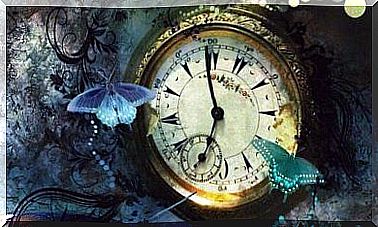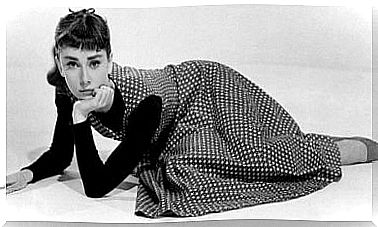Tell Me Again About My Birth
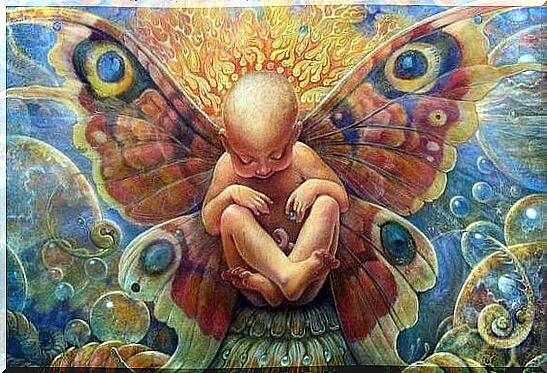
Mom, tell me again about my birth. Dad, tell me what your experience was like, if you felt scared during the hours before my birth. Tell me about your joy… and if when you first saw me it had any resemblance to what you had dreamed of. Explain to me again how my birth was, although I already know this story well, I like to remember, because remembering is reliving and, without a doubt, sharing happiness.
Every child, at some point in their childhood, feels the desire or curiosity to know how it was when they arrived in the world. Sometimes it is the parents or even the grandparents who tell this story, leaving aside the traumatic aspects of many births. They almost always focus exclusively on the emotional, to show a beginning in life full of magical stories and symbolic details that will give the child a significant origin, a reference, a portal.
These stories created within a family nucleus also define us as people. Knowing “what happened when we were born”, what the particularities were and imagining for a moment our parents’ reaction at that moment is something that helps us to situate ourselves, to find an origin, the first marker in the line of our life. Because if there’s one thing none of us have achieved until now, it’s remembering that moment, remembering our own birth.
Plato said in his texts that the simple act of being born implies starting to “forget”. This Athenian sage explained that when the soul is trapped in a body and its sensible world, we lose a vast universe of wisdom that was given to us in a primitive way. We must, therefore, start to relearn to “remember” what we already knew, what was ours before.
His theory of reminiscence is not without interesting nuances. We can ask ourselves, for example, what kind of instinctual, atavistic and primitive knowledge or wisdom can have fetuses while living in the liquid, serene and placid environment that is the mother’s womb…
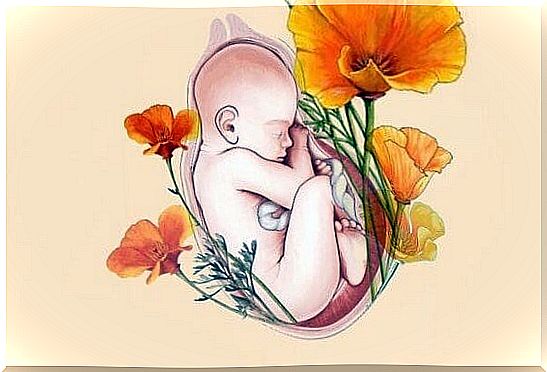
Before birth we already recognize faces
Before reaching the world, the fetus already knows it is human. In your still immature brain inhabits the universe of instincts, throbbing, pumping with force in these brain cells and in the genes where everything we are, everything we need is written. So much so that this baby, who has yet to see anything of the outside world and has never seen a face, is able to identify and react to the shadow of a face.
The University of Lancaster, UK, published an interesting work in the journal “Current Biology”. This work explains how fetuses at 34 weeks of gestation react to shadows shaped like a human face. The researchers projected light through the wall of the mother’s uterus and noticed that the fetuses turned their heads just to follow images shaped like a face. The rest of the stimuli and the other forms didn’t catch his attention.
These studies have shown two things that are simply surprising. The first is that fetuses between 33 and 34 weeks are already able to process sensory information and discriminate them. The second, and even more fascinating, is that we are “programmed” to connect with our own species. The postnatal experience is not necessary to know, for example, what the father or mother will be like. The baby will not know your features, of course, but will “recognise” or “remember” (as Plato would say) what aspect, shape, and proportion have individuals of its own kind.

What do I remember about my birth…
We remember nothing of the moment we arrived in this world. It is a sea lost in the thickness of time, it is a tunnel that disappears in the few convolutions of a brain where there is still no consolidated prefrontal cortex. Furthermore, this memory is vague or non-existent, because the newborn’s brain has a poorly functional hippocampus, because this structure that determines which sensory information will be transferred to the “long-term memory” is not yet active and will not be until three years old when the child starts to consolidate important memories.
However, psychologists have found that three- and six-month-old babies retain memories for a long time: they are implicit or unconscious evocations, which are stored in the cerebellum and allow them, for example, to associate feelings of affection and security with the mother’s voice. They are impressions associated with instinct, that latent noise in our brain that encourages us, that pushes us to get in touch with our peers and with what is vital to us.
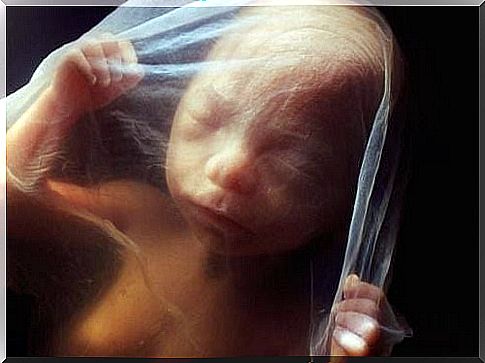
To conclude, we can say that none of us remember his birth, we don’t know what were the emotions, what were the thoughts that suddenly invaded us when we got in touch with this external world full of shapes, colors and sounds. Maybe it felt threatening to us, maybe we felt panic, or maybe that fear was instantly extinguished, just as we were placed under the perfect shelter of a mother’s skin.
And because we lack a memory that marks our own origin, our existential prologue, we always appreciate the story of our family, this story full of details and magic that every father, every mother, tells at some point in life to their own children…




